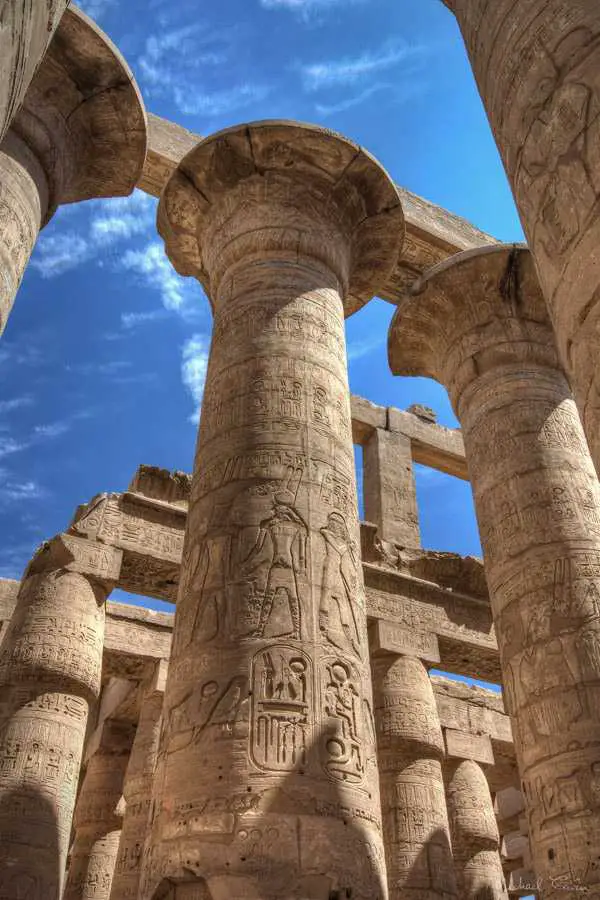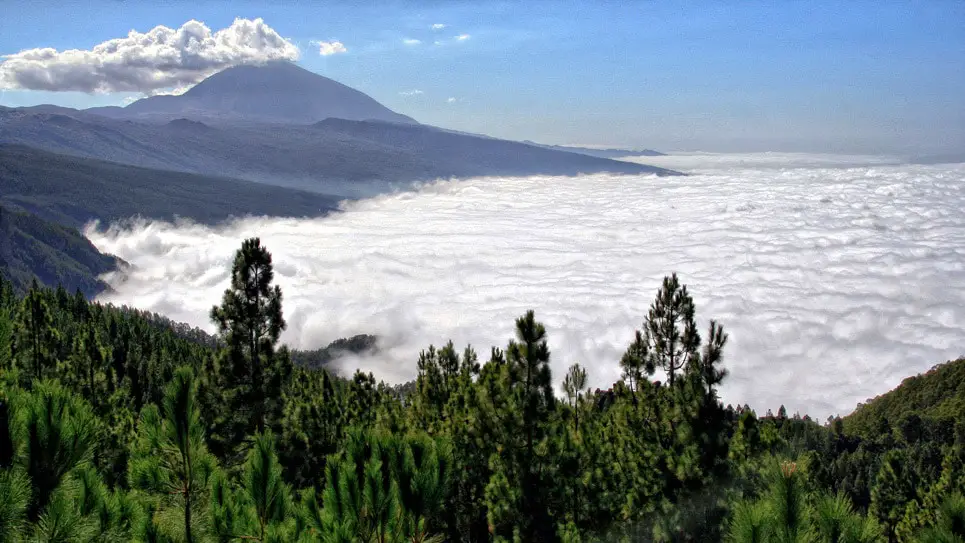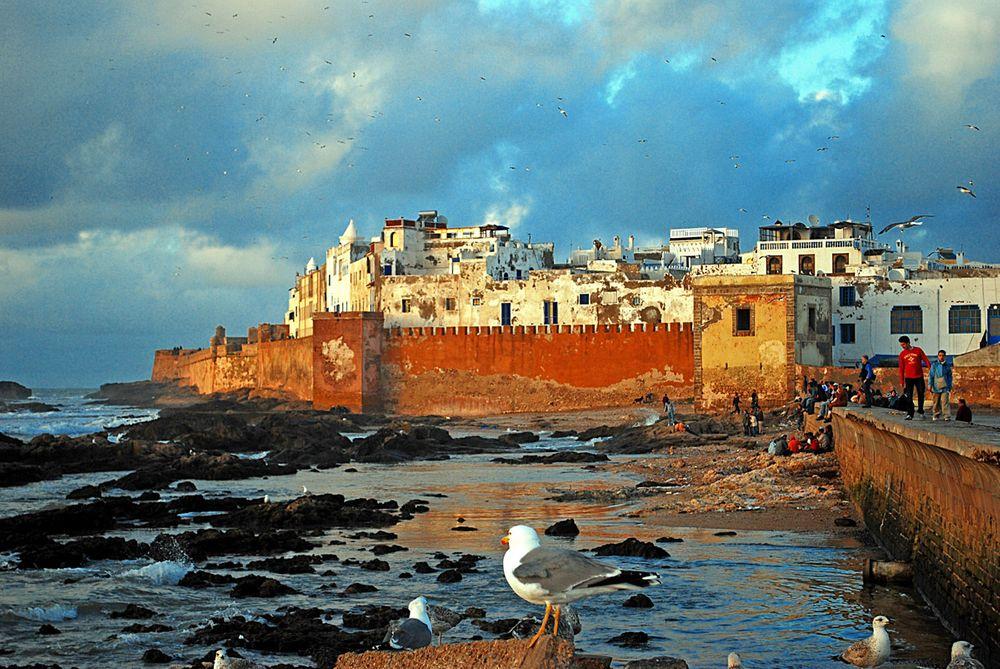Wondermondo 🢖 World 🢖 Wonders of Africa
Territory
Wonders of Africa
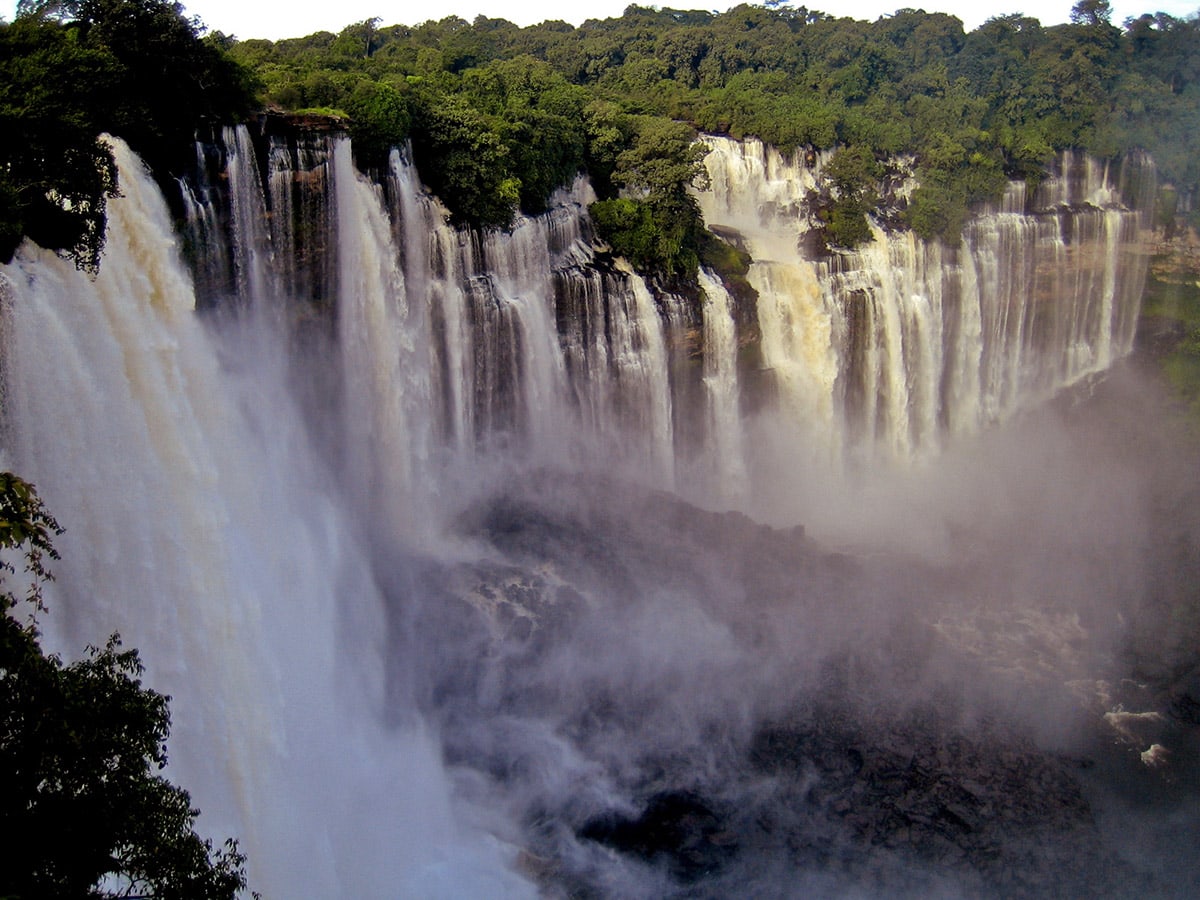
 Countries, territories
Countries, territories
Africa is divided into 61 countries and territories. All of them are described by Wondermondo, selecting the most amazing wonders in each of them.
List of all countries / territories
- Algeria
- Angola
- Ascension Island (United Kingdom)
- Benin
- Botswana
- Burkina Faso
- Burundi
- Cabo Verde
- Cameroon
- Canary Islands (Spain)
- Central African Republic
- Chad
- Comoros
- Democratic Republic of the Congo
- Republic of Congo
- Côte d’Ivoire
- Djibouti
- Egypt
- Equatorial Guinea
- eSwatini (former Swaziland)
- Eritrea
- Ethiopia
- Gabon
- Gambia
- Ghana
- Guinea
- Guinea-Bissau
- Kenya
- Lesotho
- Liberia
- Libya
- Madagascar
- Malawi
- Mali
- Mauritania
- Mauritius
- Mayotte (France)
- Morocco
- Mozambique
- Namibia
- Niger
- Nigeria
- Réunion (France)
- Rwanda
- Saint Helena (United Kingdom)
- São Tomé and Príncipe
- Scattered Islands (France)
- Senegal
- Seychelles
- Sierra Leone
- Somalia
- South Africa
- South Sudan
- Sudan
- Tanzania
- Togo
- Tunisia
- Uganda
- Western Sahara
- Zambia
- Zimbabwe
Map with the described wonders of Africa
If you see this after your page is loaded completely, leafletJS files are missing.
 Highlights of Africa
Highlights of Africa
Many decades have passed since the map of Africa got rid of the white spots of “terra incognita”. But, surprisingly, the majority of the countless attractions and wonders of Africa remain unknown even to interested people.
Africa has many outstanding places and some of the most surprising ones are:
- Heritage of ancient Egyptian civilization and neighboring civilizations. The oldest extant structures were made by ancient Egyptians – and what buildings these are! Many centuries passed until people managed to repeat the ambitions and skills of the builders of Great Pyramids, Karnak Temples, Great Sphinx and many other structures.
- Tropical ecosystems. Africa is the second-largest continent and most of it is located in the tropics. Here are found some of the most interesting ecosystems in the world – such as Vallée de Mai in Seychelles with the fantastic coco de mer palms or the pristine “Garden of Eden” – Goualougo Triangle in the Republic of Congo.
- Vernacular architecture in Sahel. This is lesser-known wonder: diverse cultures in this vast region adjusted to the lack of wood and construction stones and used clay, dirt, and straw to create amazing buildings. As a result, have been created surprising buildings, e.g. Great Mosque of Djenné (Mali) or whole villages (Tiébélé in Burkina Faso) and towns (Oualata in Mauritania).
- Man made heritage of Maghreb. North Africa has distinct art and architecture which has developed on the basis of the ancient cultures of Garamantes, Numidians, Romans, and later Islamic culture, as well as other influences. Here are located some of the most charming historical cities in the world (such as Fes el Bali in Morocco) and impressive structures (Mosque of Uqba in Tunis).
- Prehistoric rock art. In the central part of the Sahara have been preserved millions of artworks created by prehistoric and ancient cultures. “Open-air art galleries” in Tassili N’Ajjer belong to the highest achievements of the known prehistoric art next to the amazing Australian rock art and cave art in Western Europe.
 Top 25 wonders of Africa
Top 25 wonders of Africa
Geological wonders
Victoria Falls (Mosi-oa-Tunya)
Zambia / Zimbabwe
World’s largest curtain of falling water, 1,708 meters wide and 108 meters high waterfall. One of the most impressive natural sights in the world.
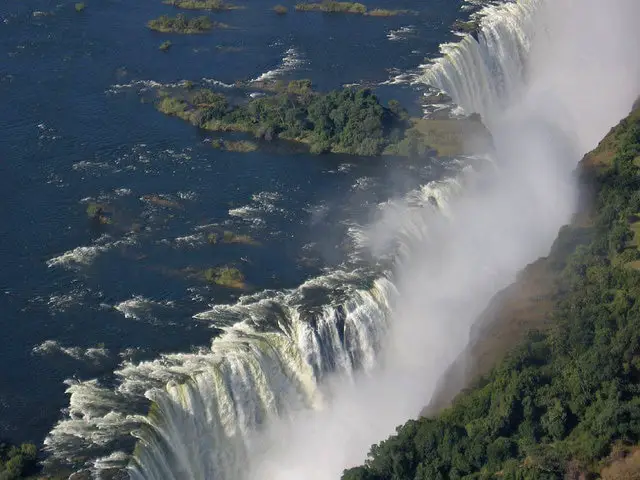
Dallol hot springs and geysers
Ethiopia
One of the visually most outstanding places on Earth, the hot springs have a high salt concentration that has shaped terraces and other formations of very bright, unusual colors. Among the hot springs, there is also a salt geyser – possibly the only one in the world.
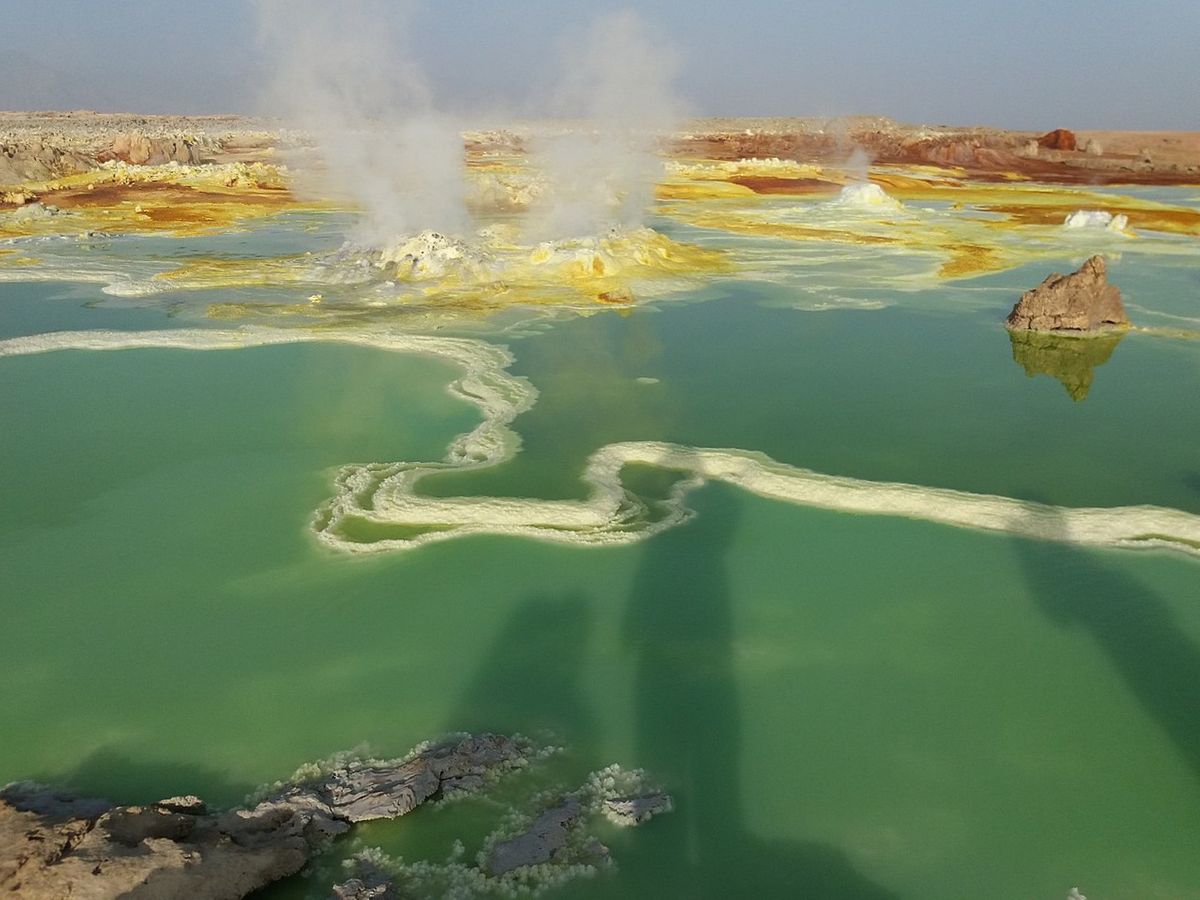
Devil’s Mountain
Western Sahara
Giant natural monolith – a rounded and very unusual mountain with a smooth surface, rising hundreds of meters above the desert. Prehistoric rock art (4 000 – 1 000 BC), sacred and even mystical place to Sahrawi people.
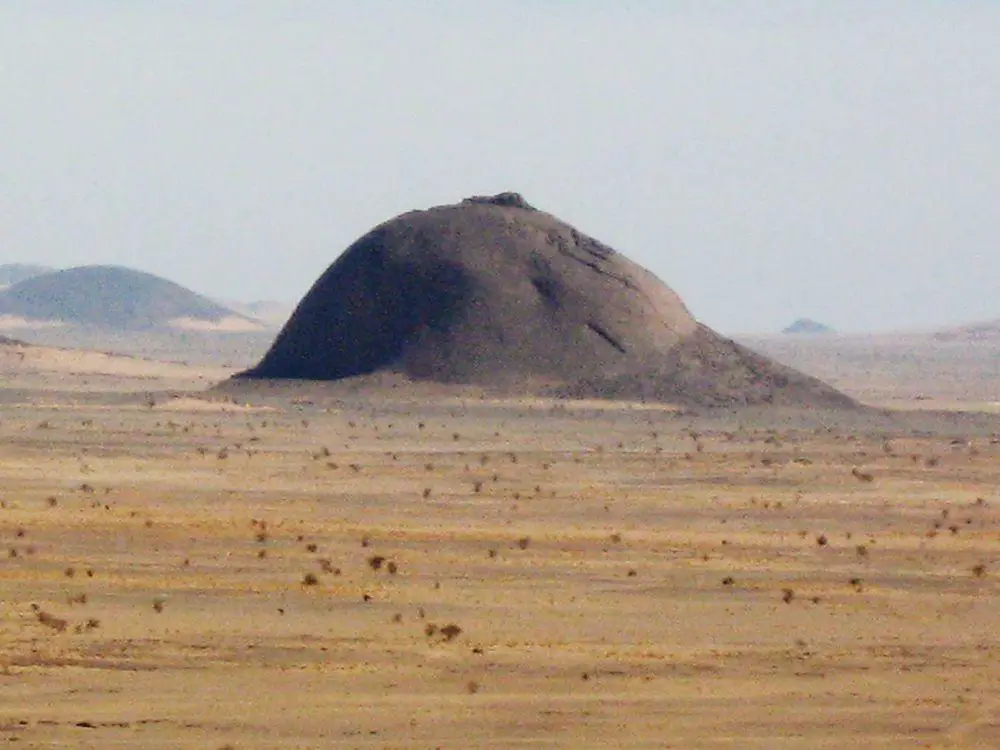
Amguid crater
Algeria
Very well pronounced impact crater, less than 100,000 years old. Diameter – 500 – 530 m, 65 m deep.
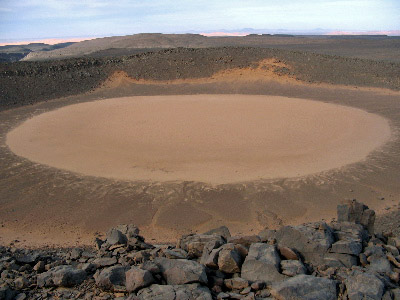
Mount Nyiragongo
Democratic Republic of the Congo
One of the few volcanos in the world with a nearly permanent lava lake in it. Height of the mountain – 3,470 m. The depth of the lava lake has reached up to 600 m. Eruptions produce very fluid lava of a rare type. The speed of lava flows here can reach 100 km/h and the volcano is very steep.
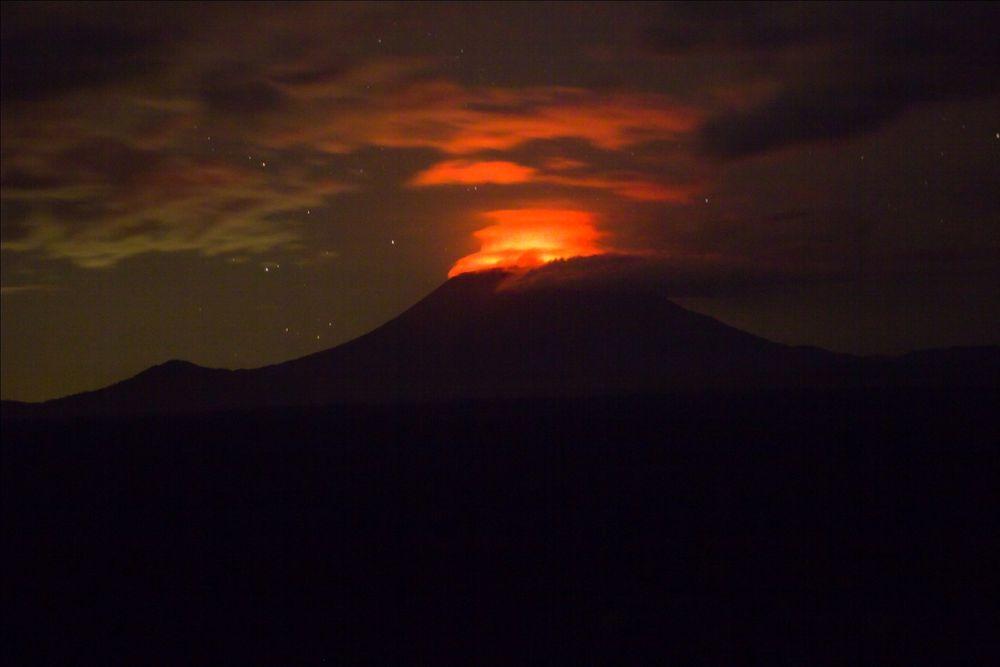
Great Tsingy de Bemaraha
Madagascar
Unique karst landscape with thousands of rock blocks dissected by 80 – 120 m deep grikes. Sometimes these grikes are less than 1 m narrow. Many endemic species of plants and animals – 47% of locally met species of plants and animals are found only here – e.g. 34 endemic species of reptiles.
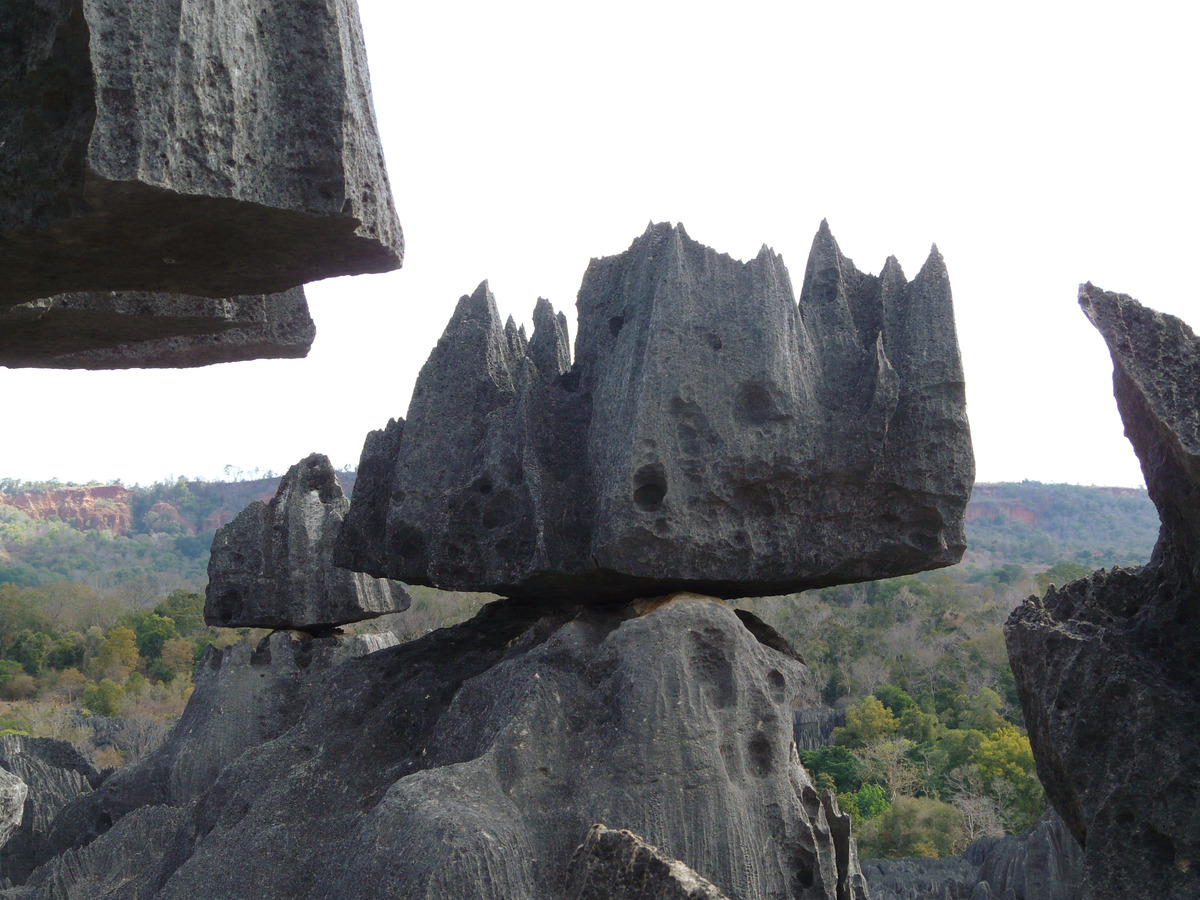
Mount Teide
Canary Islands (Spain)
3 718 m high volcano. Around the summit of the volcano are numerous species of plants and animals that are found only here, such as Teide bugloss with up to 3 m tall, red inflorescences. Sacred mountain to Guanches, seen as a gate to hell.
Biological wonders
Aldabra
Seychelles
Second largest coral atoll by land area in the world, with a unique ecosystem. Contains the world’s largest population of giant tortoises – 100,000 endemic Aldabra Giant Tortoises (Aldabrachelys gigantea) that dominate the ecosystem. Numerous other endemic species of animals and plants, including the flightless Aldabra rail (Dryolimnas cuvieri aldabranus).
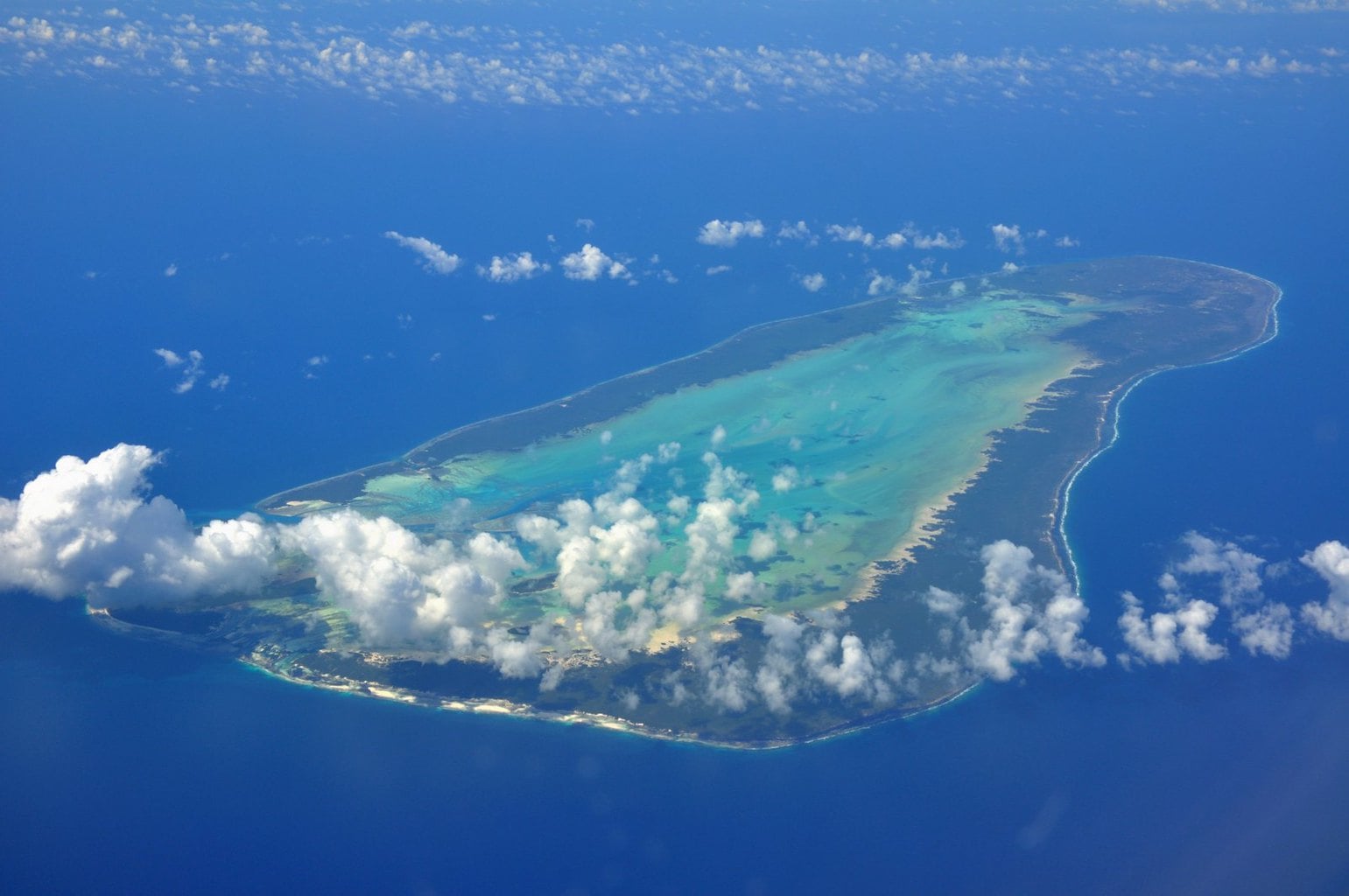
Table Mountain
South Africa
Flat-topped mountain surrounded by steep cliffs, approximately 3 kilometers long. Its plateau is covered with a spectacular scrubland with some 2,200 species of plants representing the smallest floral kingdom of the world – the Cape floral kingdom. Numerous endemic species.
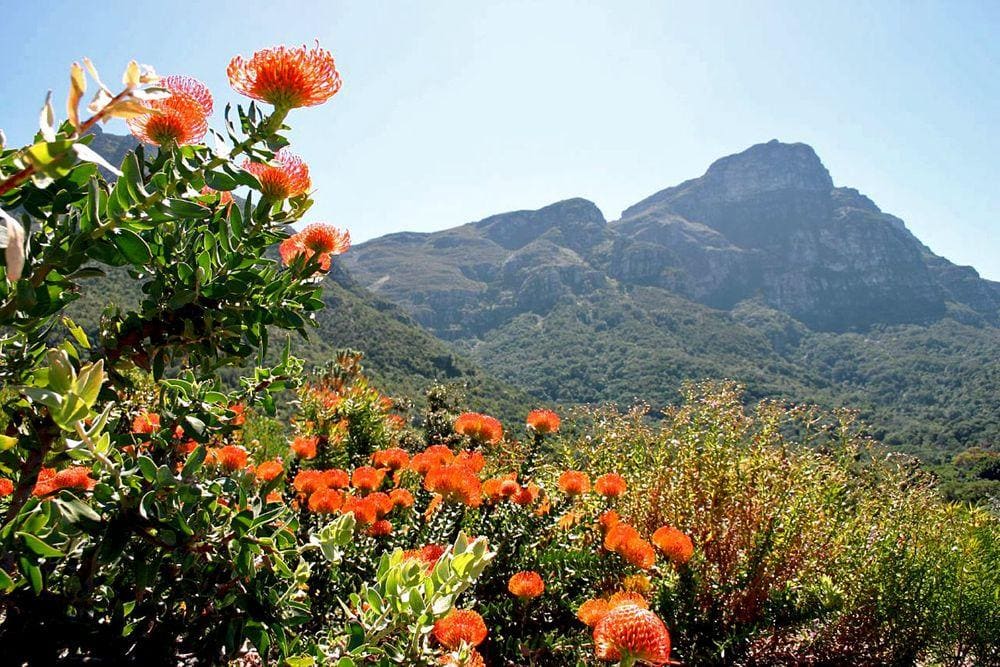
Archaeological wonders of Africa
Giza Necropolis
Egypt
One of the major cultural monuments of the world, with three giant pyramids (Khufu’s, Khafre’s, and Menkaure’s), the Great Sphinx, cemeteries, and worker’s villages. Built mainly in the 26th century BC and served as a burial and mortuary temple complex of the great pharaohs of Egypt.
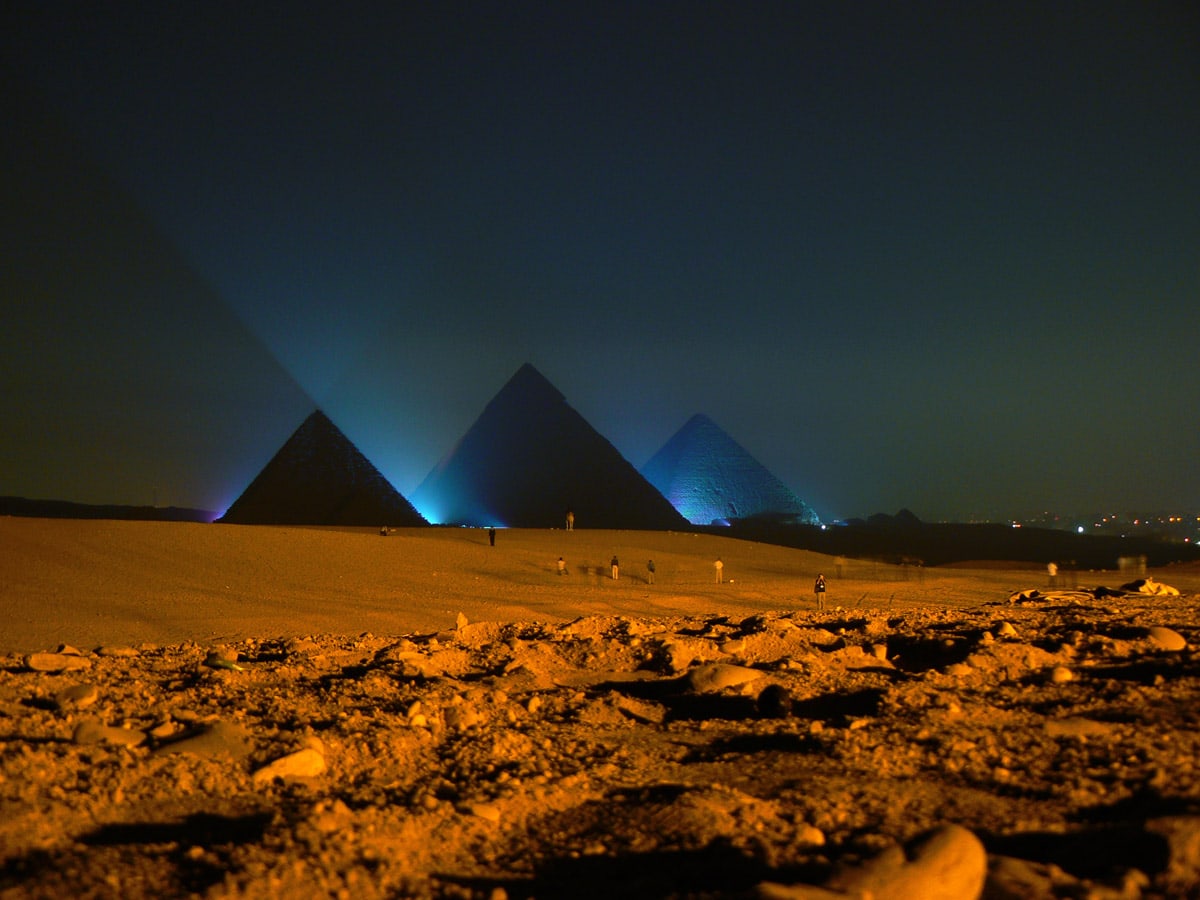
Khufu’s Pyramid (Great Pyramid of Giza)
Egypt
The tallest ancient pyramid and ancient structure in the world was built sometime around 2500 BC. Originally was 146.5 m tall, but now – 138.8 m. The incredible size and precision of this structure are rarely surpassed today. Contains three chambers. The pyramid most likely was built as a burial and mortuary temple.
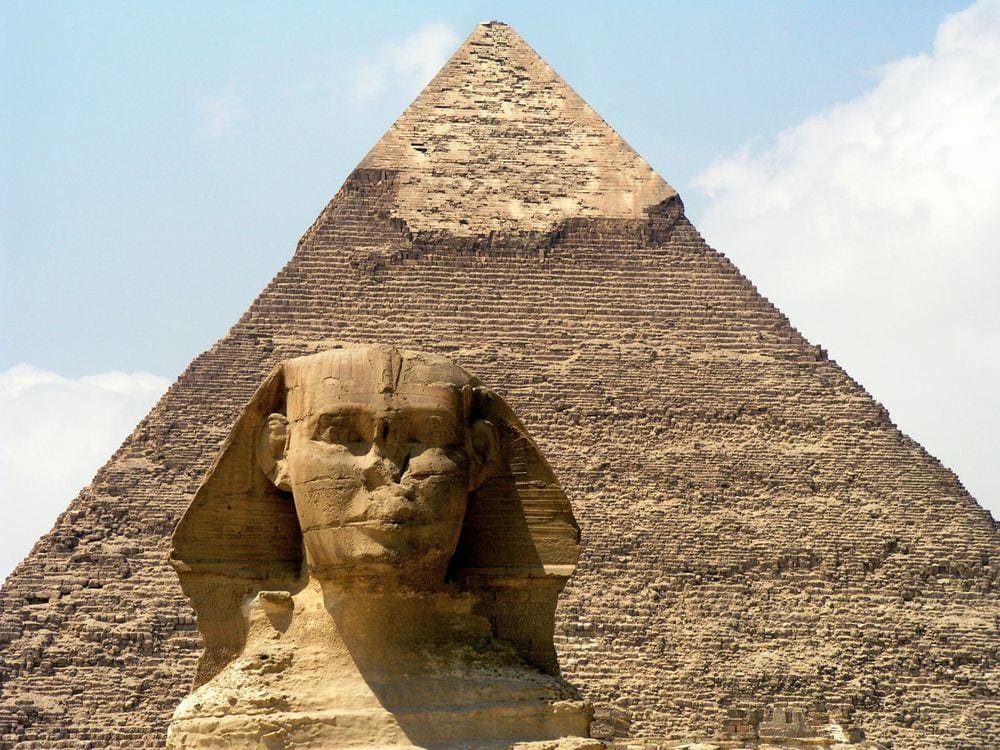
Great Sphinx of Giza
Egypt
The largest monolithic statue in the world, most likely built around 2550 BC. 73.5 m long and up to 20.22 m high, one of the most iconic sculptures in the world, the central object of numerous legends and stories.
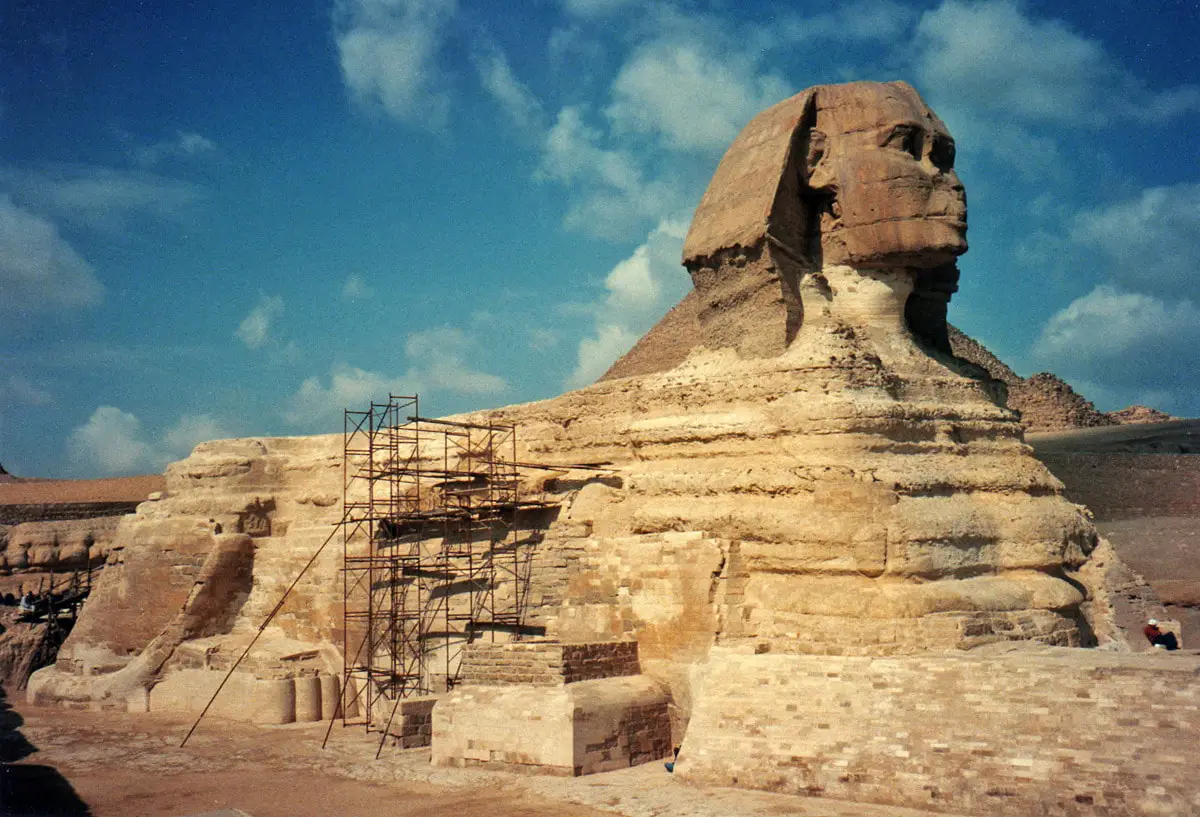
Valley of the Kings with KV5, KV17, and other rock-cut tombs
Egypt
In total in the Valley of Kings are known 63 tombs and chambers. KV5 is the largest rock-cut tomb in the vast necropolis of ancient Egyptian noble families. Belonged to sons of Ramesses II. In KV5 thus far have been discovered 121 rooms or chambers and it is expected that more will be discovered, this complex was made in the 13th – 12th century BC. KV17 – the tomb of Pharaoh Seti I – is one of the best-decorated tombs and the longest in the valley, 137 m long.
Pyramid of Djoser
Egypt
The oldest cut stone building in the world, built in the 27th century BC for the burial of pharaoh Djoser. This giant stepped pyramid originally was 62 m tall. This structure marks major innovations in the history of world architecture and culture. Under the pyramid is a maze of underground passages and chambers with a total length of 5.6 km.
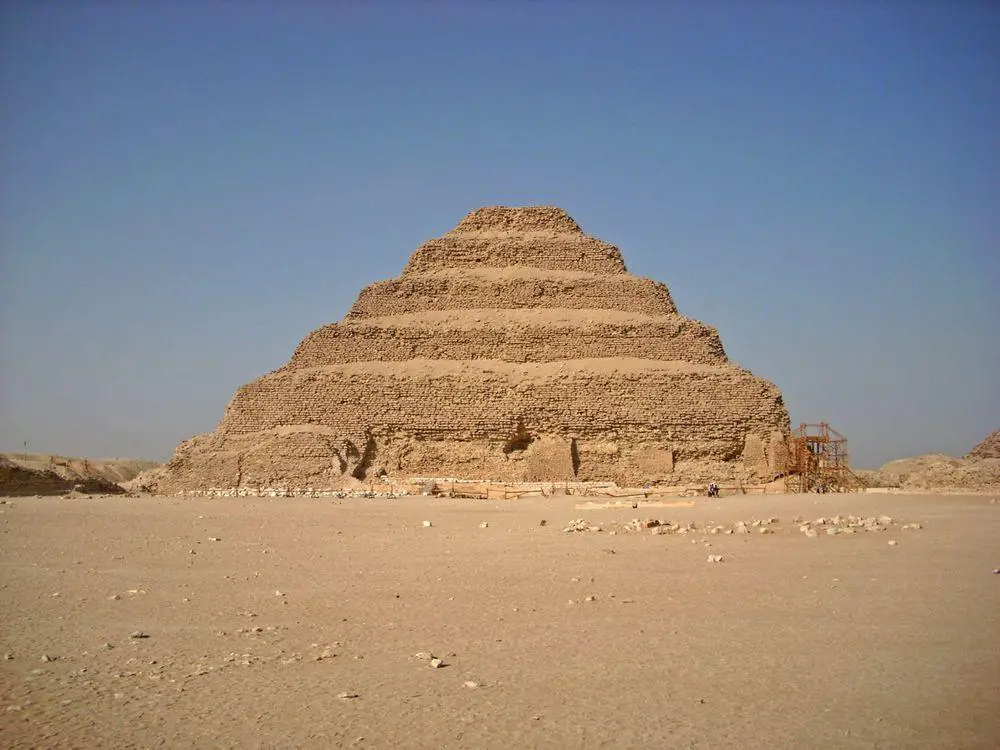
Khafre’s Pyramid (Pyramid of Chefren)
Egypt
The second-largest pyramid of Giza, originally 143.5 m tall, now it is 136.6 m tall. Built sometimes around 2500 BC.
Meroë
Sudan
Ruins of an ancient city, the former capital of the kingdom of Kush in 800 BC – 350 AD. The most amazing monuments are more than 200 pyramids, mostly in a ruined state – an ancient necropolis. Once an important center of metallurgy.
Mount Sinai
Egypt
This 2,285 m high mountain is sacred in Jewish, Christian, and Islamic traditions. It is mentioned numerous times in sacred scripts of different religions as the place where Moses received the Ten Commandments.
Saqqara
Egypt
Very old royal necropolis of Ancient Egypt, the oldest burials are some 5000 years old. Contains one of the oldest complete cut stone buildings in the world – the Stepped Pyramid of Djoser and Gisr el-Mudir – the oldest cut stone structure, made sometime around 2690 BC.
Memphis
Egypt
The first capital of Lower Egypt in the times of the Old Kingdom. Established sometime around 3000 BC and declined around 1300 BC, was one of the first metropolises in the world. Contains remnants of numerous valuable structures, including several Temples of Ptah and many other temples, Saqqara necropolis, and royal palaces.
Bent Pyramid (Rhomboid Pyramid)
Egypt
One of the large pyramids in Dahshur necropolis. This giant pyramid was built sometime around 2600 BC. The 101.1 m tall pyramid starts with a steep angle, then it becomes shallower, creating a bent appearance. The polished limestone casing remains intact which is unique.
Red Pyramid
Egypt
One of the major pyramids in Dahshur necropolis, 104 m tall. The third-largest Egyptian pyramid. Possibly the first true pyramid in Egypt, the tallest structure in the world at its construction. Constructed approximately in 2580 BC.
Great Zimbabwe
Zimbabwe
The former capital city of the Kingdom of Zimbabwe. It was inhabited around 1100 – 1400 AD. There could be up to 18,000 inhabitants in the city at its peak. Today remain impressive ruins of dry stone. The walls are more than 5 m tall, the architecture is monumental and highly distinct.
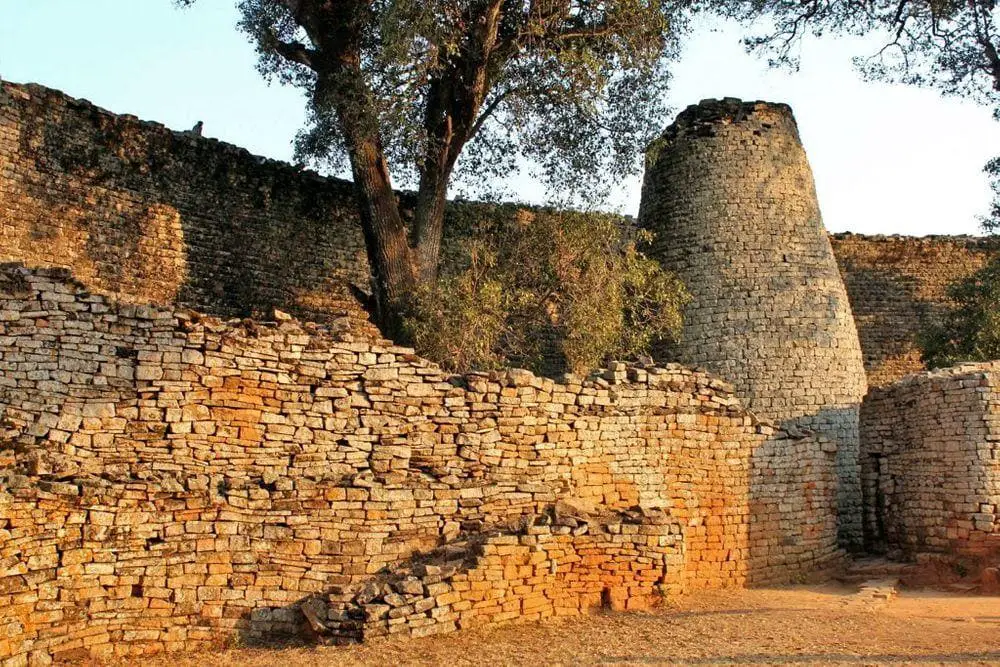
Architecture wonders of Africa
Lalibela churches
Ethiopia
11 monolithic Christian churches hewn underground from the cliff in the 13th century.
Essaouira
Morocco
Fortified and very well preserved town at the Atlantic Ocean. Fortifications were built according to the European tradition. The city served as a port of Marrakech.
Great Mosque of Djenné
Mali
The largest adobe building in the world with a unique design. The first mosque here since the 13th century. The current structure was built in 1907 or 1909.
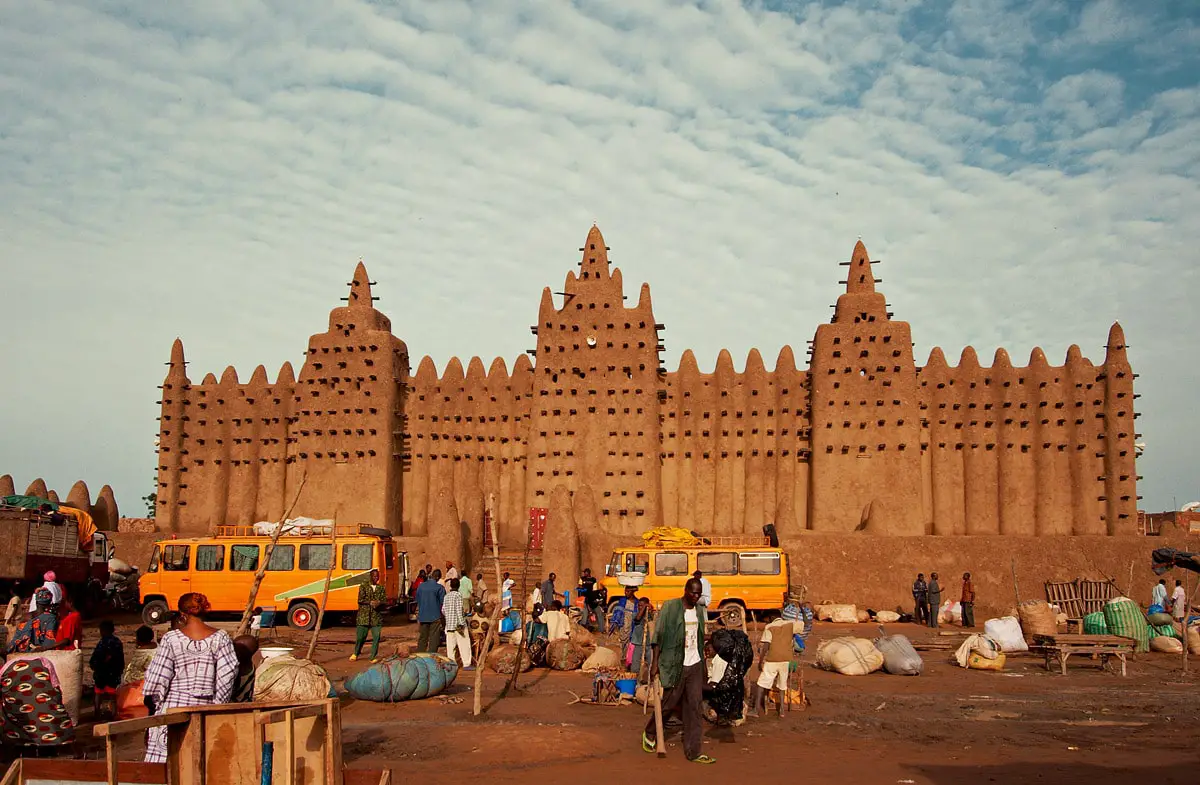
 Recommended books
Recommended books
Wonders of the African World
Traveling by camel, by dhow, by Land Cruiser, and on foot, the renowned scholar Henry Louis Gates, Jr., takes us to twelve countries in search of Africa’s magnificent past, the now neglected civilizations that in their day were as grand and sophisticated as any on the face of the earth. From Nubia’s ancient empire, which for a time ruled Egypt and centuries before had established the earliest known African city, to the fabled town of Timbuktu, where during the medieval period there thrived a center of scholars that rivaled any in Europe and where books were as prized as gold, to Ethiopia’s Christian kingdom, where the Lost Ark of the Covenant is said to reside under perpetual vigil, Gates reveals an Africa little known to Westerners.
Lost Cities of Africa
Combining archaeological evidence and scholarly research, Davidson traces the exciting development of the rich kingdoms of the lost cities of Africa, fifteen hundred years before European ships first came to African shores.

